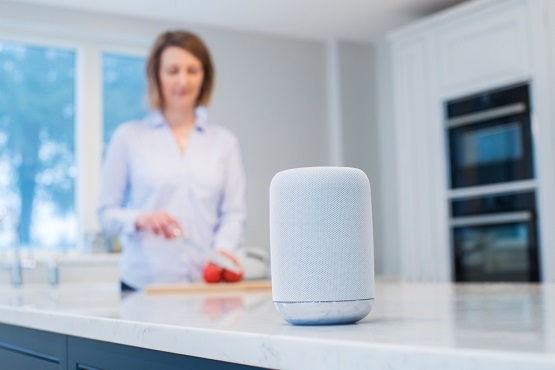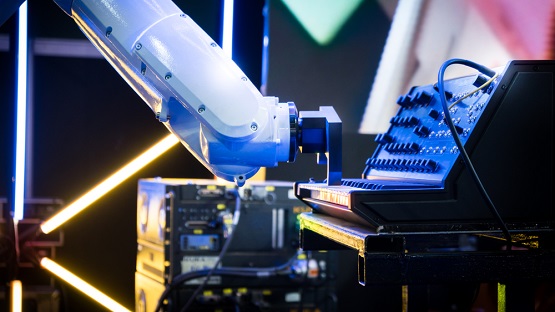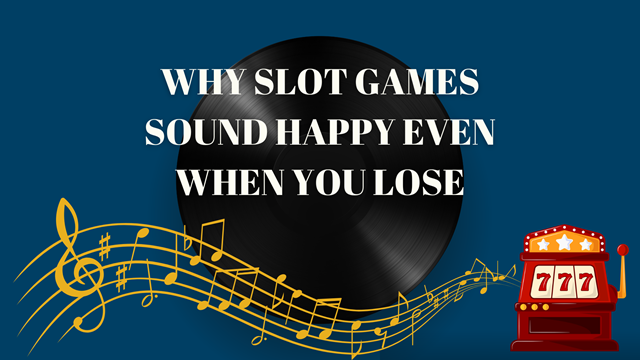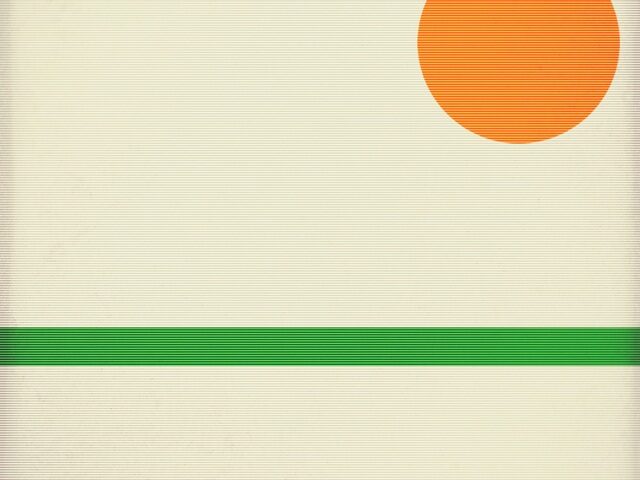The music industry may be a sector that is constantly evolving, however as the 21st century progresses, artificial intelligence is beginning to take a front seat. This has caused some issues with those who already work in the industry. Is AI going to take the jobs of those workers?
Despite this, others working in the sector have a considerable amount of excitement about the possibilities that AI could hold. Will artificial intelligence make music a more dynamic, more engaging and more collaborative way to listen.

It’s highly unlikely that robots will be taking over jobs within the music sector any time in the near future. However, it’s clear that artificial intelligence will have an impact. AI has already pervaded through a number of other areas. Now, we’re seeing an increase in live dealer casinos which use the latest AI technology as well as the phenomenon of chat bots at banks and online companies, fielding questions and calls of customers. It’s clear, then, that artificial intelligence has a lot of potential within the music industry, not only to open new opportunities to creators and musicians, but also to new and more artistic articulation possibilities. Nevertheless, there’s a catch – if music makers can’t embrace AI tools with the necessary adventurous spirit, they’ll fall by the wayside.
Let’s take a look back at the old days, when the pioneers of dance music started to embrace digital tools and to seize the exciting potential of technological advances. This same pioneering spirit is going to be required if musicians of today and tomorrow are going to be successful in utilizing this cutting-edge technology to its best advantage.
Embracing Technology In The Music Industry
The music sphere has been embracing cutting-edge technological advances for some time. Even during the 1950s, musical scores were being generated by computers. Lejaran Hiller created “The Lilac Suite” a trailblazing score which inspired other artists to take action. Forty years later, David Bowie created the Verbalizer AI application – a randomized source material from which new lyrics could be created. Just a few years ago, in 2016, the AI Flow Machine was developed by Sony. “Daddy’s Car” was based on the same style immortalized by the Beatles and while the end result lacked substance, on the surface it’s initial impression was fairly convincing.
The Negatives Of AI In The Music Industry
Although AI has a lot of interesting potential for the future of the music industry, this technology also has a darker side. If performers and fans alike fail to embrace the latest emerging technology, they’re sure to be left behind by others who do have the vital tech knowledge. For every innovative experiment or collaboration with AI technology, there will be other cynical and commercial applications in the world of mainstream music.
In fact, if you take a look, there is already plenty of software to develop AI-based music available these days. IDM Watson Beat, Amper and Google Magenta are all forms of AI program which take huge amounts of recorded music data, then use it for the creation of brand new hits.

Already, we’re seeing AI being used to create “elevator-style” generic music, so shouldn’t it only be a matter of time before artificial intelligence can create a new hit that reaches the top of the charts?
It’s no wonder, then, that so many musicians are concerned. Some jobs within the sector will inevitably be lost to robots if this is the future that is in store for the industry.
Already, AI-generated music is considered to be suitable for use on adverts, or perhaps as backing music for videos. Jingles, call-holding music, and other music of this ilk are likely to soon be handed over to artificial intelligence creators. So, surely it’ll only be a matter of time before software begins to become sophisticated enough to generate top ten hits. The day that this happens, musicians and songwriters alike will lose both their new opportunities for success and their vital royalties.
A Collaborative Future
While the possibility that AI could take over the entire music industry is fairly worrying for those who work within it, there is a good chance that the way of the future lies in collaboration. Already, music is moving in a co-creative direction. Experimentation is already being encouraged.
For example, a company from the UK known as AI Music has already been applying artificial intelligence to better understand mood, time, location and activity so that new versions of existing songs can be created to suit those parameters. Those algorithms could, potentially, create thousands of versions of a single song so that every listener can benefit from a custom musical experience, based on the listener’s activity and mood. In this case, since an original song is being used as the basis for new creations, the original composer and artist will receive royalties.
For those who are worried that collaborating with AI will result in the death of the industry, you only need to look at the photography industry to see how technology can work with industry professionals rather than against them. We all have AI software on our smartphones which allows us to take creative photos, but professional photography businesses are still going strong.
Rather than being passive consumers of music in the future, artificial intelligence is presenting us with the potential of more co-creative opportunities, with a dialogue being constructed between artists and their fans. When artificial intelligence is properly explored and experimented with before being effectively applied, it can take the music industry into the future, away from the existing cycle of tropes which it is currently stuck in. Surely, this change will only be positive one?





